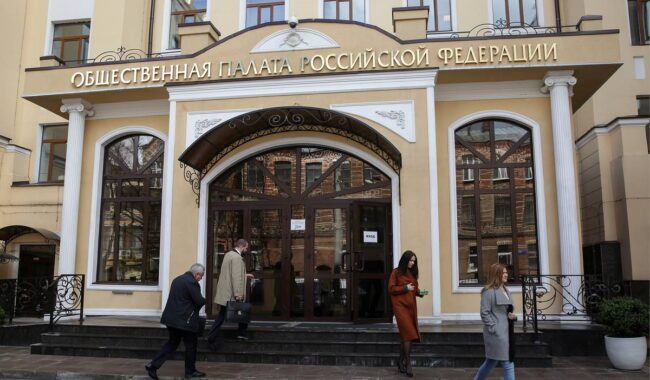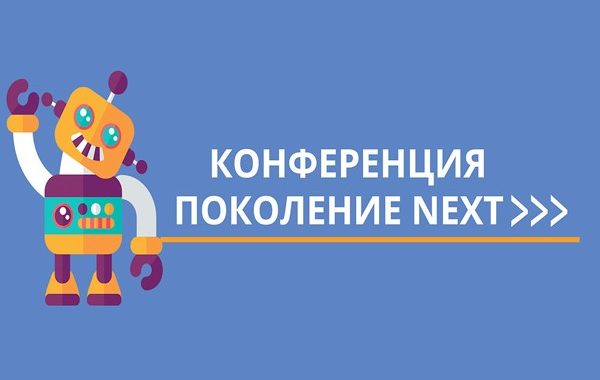Andrew Wyckoff, the Director for Science, Technology and Industry of the Organization for Economic Co-operation and Development (OECD), commented Smart Internet Foundation’s project of the creation a new gTLD for the children “.ДЕТИ”.
We very much agree that the Internet is becoming an essential element of our children’s lives that can bring considerable benefits for their education and development. However, it also exposes them to online risks. We have been working on this issue since 2009, analyzing risks faced by children as users of the Internet and reviewing policies to protect them in OECD countries. The outcome of this work is an OECD Council Recommendation adopted in February 2012 which calls for action by governments and all other stakeholders to address this question. In particular, the Recommendation calls for initiatives which, on the one hand, reduce online threats to foster a safer Internet for children and, on the other hand, enable children to protect themselves from remaining threats, including for example through technical measures. It also stresses the key role played by parents to protect their children online just as they do offline. The Recommendation calls for technical solutions which respect the rights of children and the freedom of other Internet users and recommends that the potential impact of such measures on freedom of expression, privacy protection and the free flow of information be carefully assessed.
Over time, some initiatives have tried to create online spaces where children (and parents) can have a higher degree of certainty that digital content is appropriate to them. For example, a special “kids.us” domain was launched in the early 2000 in the United States. Such initiatives faced challenges such as the business model of content providers or the mechanism to ensure that the content is actually what it claims to be. However, this example is quite old (around 2002) and, technically, it was not a top level domain.
The proposal for a .ДЕТИ tld is interesting. As Internet penetration has considerably increased and the protection of children online is becoming a major public policy issue, it might have better outcomes than comparable experiences in the past if operated and/or designed differently.



